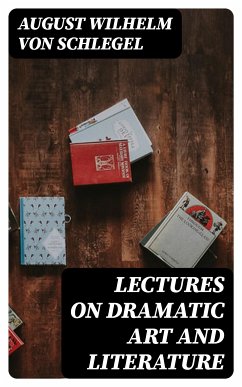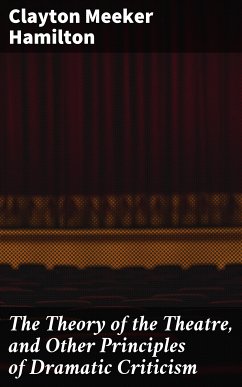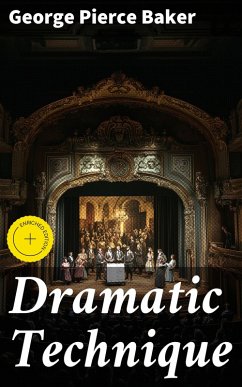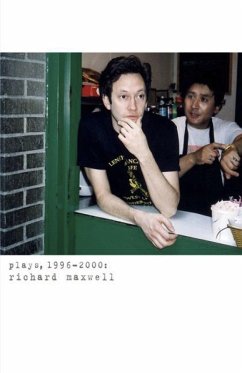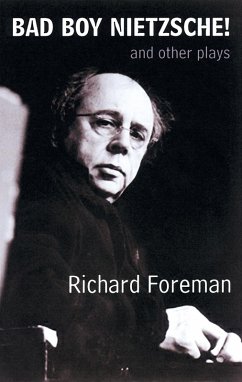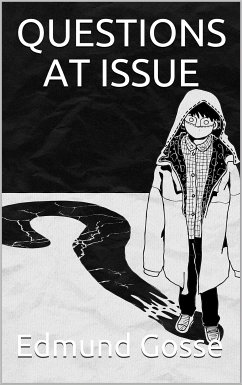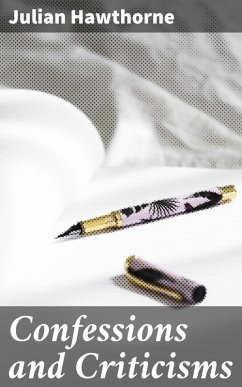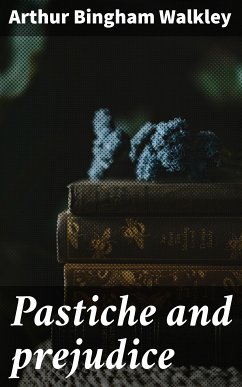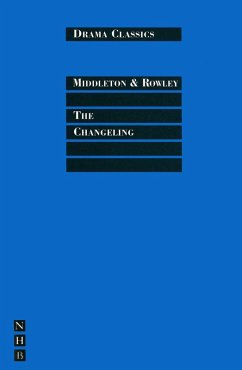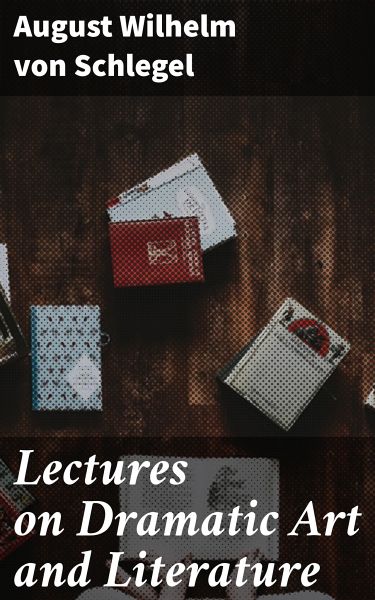
Lectures on Dramatic Art and Literature (eBook, ePUB)
Exploring the Evolution of Dramatic Works and Literary Themes
Übersetzer: Black, John
Versandkostenfrei!
Sofort per Download lieferbar
0,49 €
inkl. MwSt.
Weitere Ausgaben:

PAYBACK Punkte
0 °P sammeln!
In "Lectures on Dramatic Art and Literature," August Wilhelm von Schlegel offers an incisive exploration of the principles underlying drama and literature, encapsulating the essence of the Romantic movement that characterized early 19th-century Germany. Schlegel's lectures stand as a culmination of his profound understanding of classical and contemporary dramaturgy, integrating a critical analysis of notable playwrights such as Shakespeare and Goethe while advocating for the emotional depth and philosophical nuance that define compelling theater. His articulate prose reflects a harmonious blen...
In "Lectures on Dramatic Art and Literature," August Wilhelm von Schlegel offers an incisive exploration of the principles underlying drama and literature, encapsulating the essence of the Romantic movement that characterized early 19th-century Germany. Schlegel's lectures stand as a culmination of his profound understanding of classical and contemporary dramaturgy, integrating a critical analysis of notable playwrights such as Shakespeare and Goethe while advocating for the emotional depth and philosophical nuance that define compelling theater. His articulate prose reflects a harmonious blend of analytical rigor and poetic inspiration, positioning the work as a cornerstone in literary criticism of the period. Schlegel, a pivotal figure in the German Romantic movement, was deeply influenced by his background in philosophy and literature, which informed his perception of art as a reflection of the human experience. His tenure as a translator and critic expanded his insights into the fluid dynamics of dramatic expression, allowing him to appreciate the transformative power of the spoken word. These lectures encapsulate his commitment to fostering an appreciation of drama as a vital cultural force, echoing the sentiments of his contemporaries while asserting his unique perspective. Readers interested in the foundations of modern literary criticism and the evolution of dramatic theory will find Schlegel'Äôs work invaluable. His eloquent dissection of the interplay between character, plot, and aesthetic form not only enlightens the reader but also invites a deeper engagement with the theatrical arts. "Lectures on Dramatic Art and Literature" is an essential read for anyone seeking to comprehend the complexities of dramatic literature and its enduring legacy.
Dieser Download kann aus rechtlichen Gründen nur mit Rechnungsadresse in A, B, BG, CY, CZ, D, DK, EW, E, FIN, F, GR, H, IRL, I, LT, L, LR, M, NL, PL, P, R, S, SLO, SK ausgeliefert werden.




